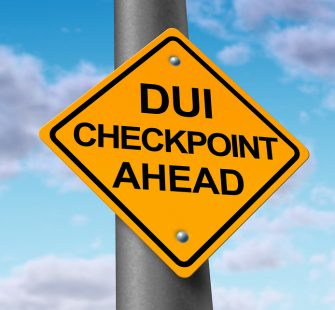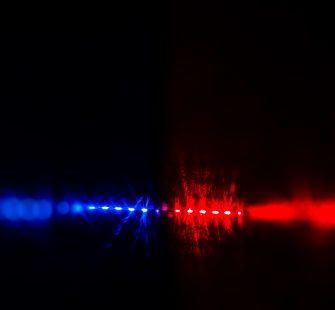
Driving Under the Influence Case Dismissed After Police Weigh Woman During Breath Test
November 3, 2017
Implied Consent Laws
November 17, 2017Can an Officer’s Observations Alone Lead to an Impaired Driving Charge?
Under Canadian law, a person may be charged with impaired driving for operating or having control over a motor vehicle when that person’s ability to operate the vehicle is impaired by drugs or alcohol. The Criminal Code of Canada penalizes impaired driving in multiple sections, and the penalties upon conviction increase depending upon the harm caused by the impaired driving.
If you have been arrested or charged with impaired driving in Alberta, you need experienced legal counsel representing you throughout your case. The lawyers at AIDD can advocate for you and ensure that all your legal rights are safeguarded.
Police Officer Discretion
The Criminal Code of Canada affords police officers with considerable discretion when it comes to impaired driving charges. The police may require that you perform physical tests, such as walking in a straight line, picking up a coin, or following a finger with your eyes. Although you cannot be forced to cooperate, failing to comply will likely cause the officer to suspect that you are impaired by alcohol and she may demand that you provide a breath sample.
Assessing Impairment
You do not have to exceed the legal blood alcohol concentration (BAC) limit to be charged with impaired driving in Canada. The only requirement for sustaining an impaired driving charge is that your ability to drive was affected by alcohol or drugs in your system. An officer can make a judgment about your ability to drive based solely upon observations made at the scene regarding your speech, movements, and activities. These observations may include one or more of the following:
- Smelling of alcohol
- Slurred speech
- Erratic movements
- Admissions to drinking alcohol before driving
Providing a Breath Sample
If a police officer has reasonable grounds to suspect that you are impaired by alcohol, he can demand that you provide a suitable breath sample into an approved instrument. This is typically known as a Breathalyzer test. Under Canada’s impaired driving laws, if you are pulled over by a police officer, you have a legal obligation to comply with a breath test demand, and if you refuse to take the test at the scene, you will be charged with refusing to provide a breath sample.
Assuming the officer had reasonable grounds to order the test, any positive breath samples may be introduced as evidence during a future trial. However, if the court later determines that the officer lacked reasonable grounds to order the test, then the breath samples may be excluded as evidence during the impaired driving trial.
Contact an AIDD Lawyer Today for a Free Initial Consultation and Case Evaluation
The penalties upon conviction for impaired driving can be severe. The lawyers at AIDD can review your case with you and may be able to provide you with legal representation. To schedule a free consultation and case evaluation with an AIDD lawyer, please call us today at (403) 457-4415 or contact us online.





